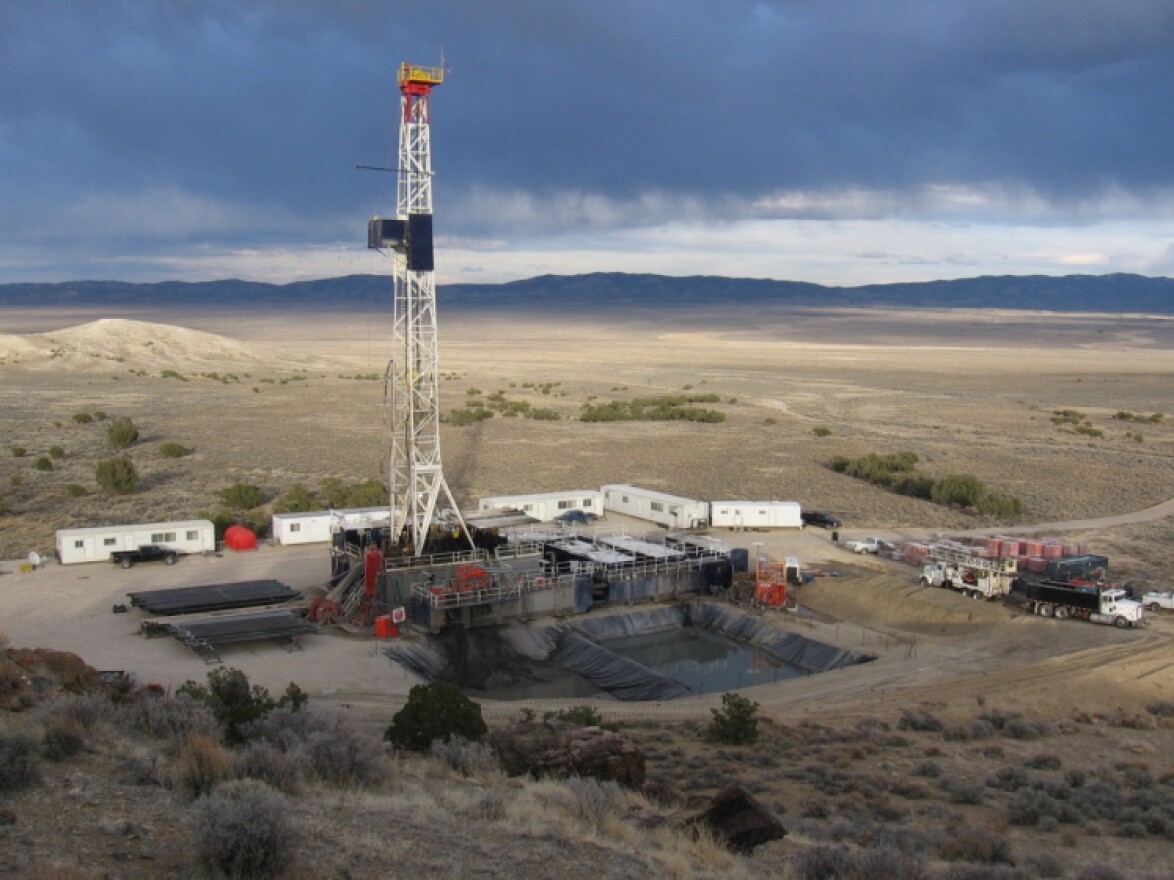Much of the public lands leased for oil and gas in our region are acquired through a noncompetitive process with the Bureau of Land Management. A new report says that's not good for taxpayers.
The nonpartisan budget watchdog group, , specifically. It says this practice cost that state $4 million in lost revenue over the last decade.
"If the market doesn't demand additional leases, and doesn't create competition, then they need to be rethinking why there's a rush to put these lands to auction and out for bid," says Ryan Alexander, the group's president.
That argument doesn't sit well with Kathleen Sgamma. She's the president of .
"These are leases that are marginally competitive. The market determines that there's not a huge interest in them. But some companies do make a go of them, and then it does generate more revenue for the federal government," she says.
When leasing public lands for oil and gas drilling, the BLM first opens up parcels at a . If no bids are presented, the agency then opens its noncompetitive process, where companies can pay lower bids and smaller administrative fees.
A BLM spokesperson declined comment for this story. But, in a the agency said revenue from oil and gas lease sales totaled $1.1 billion in 2018, nearly three times the previous record.
This story was produced by the Mountain West News Bureau, a collaboration between Wyoming Public Media, Boise State Public Radio in Idaho, KUER in Salt Lake City, KUNR in Nevada, and KRCC and »Ê¹ÚÍøÖ· in Colorado.
Copyright 2019 KUNR. For more, visit
Copyright 2020 KUNR Public Radio. To see more, visit . 9(MDAxNDQ2NDAxMDEyNzU2NzM2ODA3ZGI1ZA001))







